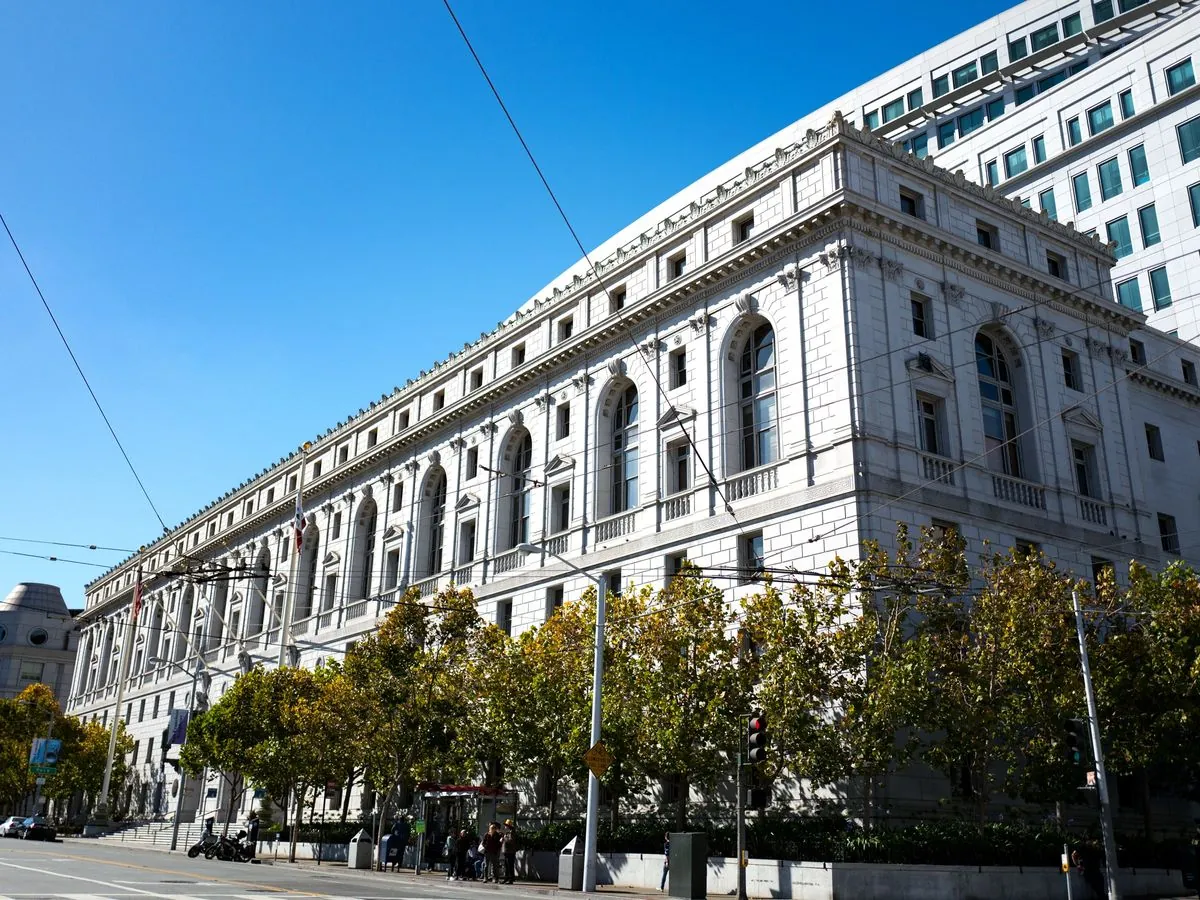On July 25, 2024, the California Supreme Court unanimously upheld Proposition 22, a 2020 initiative that classifies app-based drivers as independent contractors under California labor law. This decision marks a significant development in the ongoing debate over gig economy labor regulations in the most populous U.S. state.
Prop 22, which was approved by voters in November 2020, exempts app-based drivers from most aspects of California's labor regulations. Instead, it implements a unique set of labor and wage policies specific to these workers, including:
- An earnings floor
- Limits on working hours
- Healthcare subsidies
- Occupational insurance benefits
The court's decision comes after a complex legal journey that began with the 2018 Dynamex decision, which established strict standards for classifying workers as independent contractors. This was followed by Assembly Bill 5 in 2019, which codified these standards statewide.
The gig economy has experienced significant growth in recent years, with projections suggesting it will include 86.5 million workers by 2027. This rapid expansion has led to increased scrutiny of labor practices in the sector.
The constitutional challenge to Prop 22 centered on a 1918 amendment to the California Constitution, which grants the Legislature "plenary power" to create and enforce a workers' compensation system. The court found this provision ambiguous regarding the voters' ability to modify such laws through ballot measures.
In its ruling, the California Supreme Court relied on historical context, interpreting the 1918 amendment as a means to resolve constitutional challenges to the workers' compensation system rather than limit voter initiatives. This interpretation aligns with California's long-standing initiative process, introduced in 1911 as part of Progressive Era reforms.
"While we respect the court's decision, we remain committed to fighting for fair labor practices and protections for all workers, including those in the gig economy."
The decision is a victory for ride-sharing and app-based delivery companies, many of which supported Prop 22. These firms can continue to classify drivers as independent contractors, avoiding the substantial costs and regulatory scrutiny associated with employee classification.
However, the court's ruling may not be the final word on this issue. It suggested that the Legislature might have the authority to include app-based drivers in the state's workers' compensation system without classifying them as employees. This potential legislative action could lead to further constitutional challenges and continued uncertainty in the sector.
As California's tech industry contributes over $520 billion to the state's economy annually, the implications of this ruling extend far beyond the immediate parties involved. The decision highlights the ongoing tension between technological innovation, worker protections, and the evolving nature of employment in the 21st century.
The California Legislature, consisting of 40 Senators and 80 Assembly members, now faces the challenge of balancing the interests of gig economy companies, workers, and consumers. Any future attempts to modify Prop 22 or include app-based drivers in the workers' compensation system will likely be closely watched by stakeholders across the country.
As the gig economy continues to grow and evolve, the California Supreme Court's decision on Prop 22 serves as a significant milestone in the ongoing debate over labor regulations in this rapidly changing sector.
